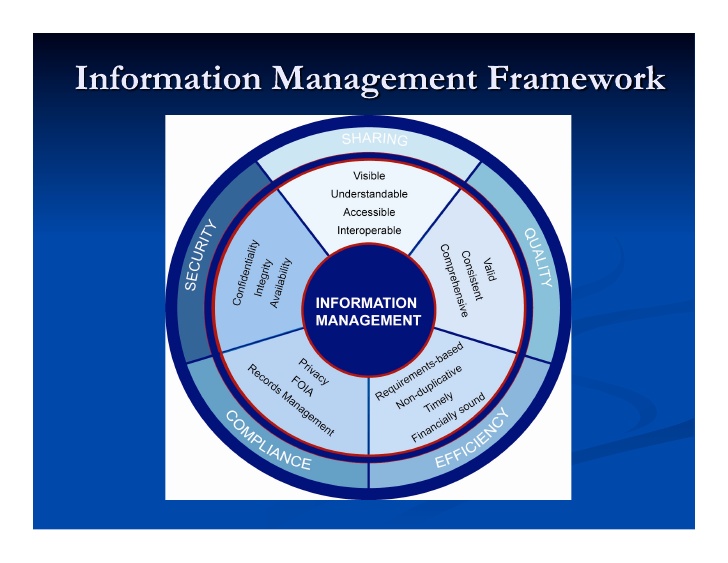Do you know that having to travel back to the office to get the documents for an urgent request and combing through the old files of your computer could be a mark of a dull Information Management Strategy? Based on a study, the clumsy and unproductive ways to look for information may define your workflow if you’re one of those who work for ¾ of the companies that still mishandle information. The study also shows that 1/8 of the businesses doing a good job in developing their information techniques enjoy higher earnings with improved workflows, resulting in faster and better actions and decisions.
If you still do not consider information management as a top priority, it’s now time to treat your data as the important asset that it must be.
Effective Strategies for Information Management Give a Competitive Edge
Your organisation’s success probably lies in the data you need to keep, protect and access the moment you need it. In this modern age, the information flows between applications, customers and employees create almost every business into a digital business.
Information management may be found critical by other kinds of business compared to others. Information management’s effectiveness no longer relies on having software resources and IT hardware to manage and protect information and documents.
Today, large companies already created a position to oversee the information management strategies which focus on maximising the corporate data value and not just the hardware and software. Part of this position’s scope work is to mitigate losses due to poor data management and data analysis.
Why Do Companies Need Information Management Strategy?
In this modern era, where a large amount of digital data is generated each day, companies are starting to realise the advantages of better managing their share of a massive volume of information. Not every company may require a position that is only responsible for information techniques. However, to succeed in digital business, companies need to use a strategy to minimise loss and maximise the critical data’s value. Leadership and instruments are also needed to assure the company’s compliance to the strategy to take full advantage of benefits.
Only a few can claim that information has an important asset, and failure to put significance and manage the asset will leave a company open to losses due to inappropriate security, poor information quality, sharing and collaborating problems, and time wasted. As important as it is, many businesses also realise that having a certain Information Management Strategy unveils more opportunities to increase profits.
Implementing Business- Wide Information Management Strategies
A good information strategy focuses not only on individuals nor departments but on the whole company or organisation. The documents, including all the information about the latter, must be stored and accessible to every stakeholder.
These instruments help you develop information management because employees can now access the system to learn what they need and look for what they need.
Moreover, they let you set and impose such rules on how data gets encoded to the information system, to whom the documents are viewable, and who can share them. This type of information management gives value to the critical asset and, thus, to the whole company. Your company can have the advantage of saving time, developing transparency, staying compliant, and reducing costs. They can open more streams of profit and business intelligence since these platforms encourage collaboration and offer data managers a better perspective of what they have.

